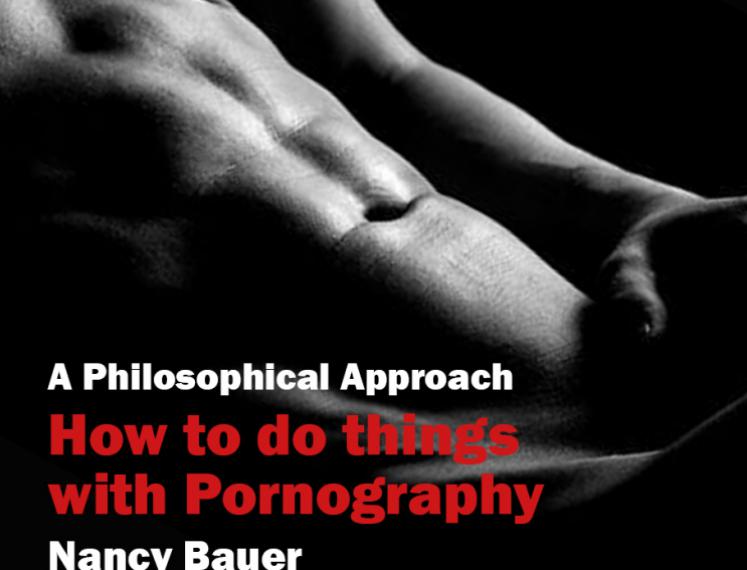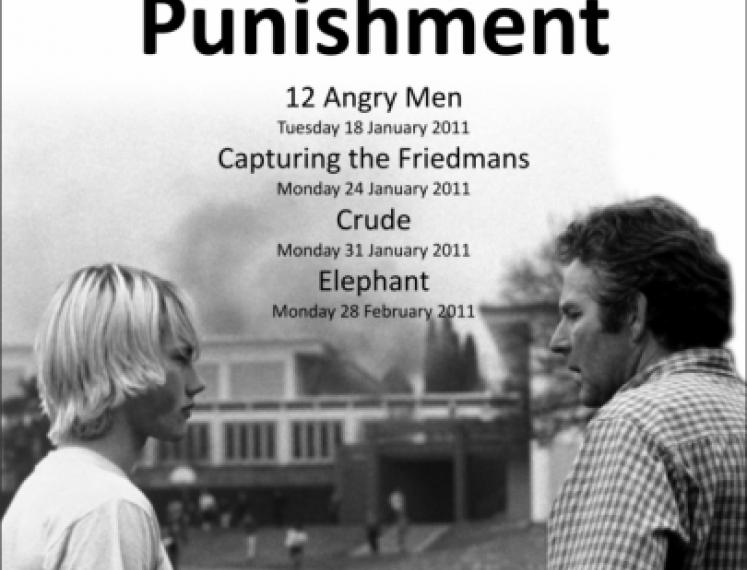
Academiegebouw
Broerstraat 5
Groningen
Netherlands
How to do things with pornography
Using pornography as an example, Nancy Bauer suggests that philosophers are inclined to miss the mark when it comes to understanding real-world phenomena: their theories do not map well onto the real-world analogues.
Pornography has always existed in one form or another, but since the advent of the Internet it has become a widespread phenomenon. Understanding pornography in its multiple dimensions has now become more crucial than ever, and philosophers are among those well placed to help us understand what it is all about. Indeed, influential philosophers have argued that pornography doesn’t just lead to but also constitutes subordination and silencing of women, for example by depicting them in positions of servility or engaging in acts that most people would view as humiliating. This argument is based on the observation that words and other forms of communication not only say things but also can often do things—such as to legitimate violence against women and make it the case that women’s attempts to refuse sex are bound not to be taken seriously. But Nancy Bauer argues that even if the argument is correct, it is unlikely to make a difference in the real world. The theorized notion of pornography that philosophers use does not map well onto the real-world analogue, so there is a regrettable gap between the actual phenomena and these philosophical theories. Moreover, philosophers are not inclined to ask themselves what their own words are doing. By presenting an alternative way to talk philosophically about pornography, Bauer challenges philosophers to reconceive their role as social critics. The goal should be not to theorize about the everyday world but to attract people to the enterprise of reconsidering their settled views, on pornography as well as other important aspects of our everyday lives.
Nancy Bauer is professor of philosophy at Tufts University in Boston. After obtaining her PhD in philosophy at Harvard, she worked as a journalist at the Boston Globe before her appointment at Tufts. Her interests include feminism, social/political/moral philosophy, philosophy of language, phenomenology, and philosophy in film. She has written extensively in particular on Simone de Beauvoir, pornography, and film. Her latest book, How to do things with pornography, was recently published with Harvard University Press. In the spring of 2015 she is the Jantina Tammes visiting chair at the Faculty of Philosophy of the University of Groningen
This is the third edition of the annual Aspasia Lecture; an initiative to celebrate and promote the position of women in philosophy and academia more generally in the context of the NWO Aspasia program, which specifically aims at increasing the representation of women in the higher ranks of academia. The Aspasia Lectures are organized by the Faculty of Philosophy in cooperation with Studium Generale Groningen and the Groningen Centre for Philosophy and Society, and this year it is held in cooperation with the Jantina Tammes visiting chair program.


